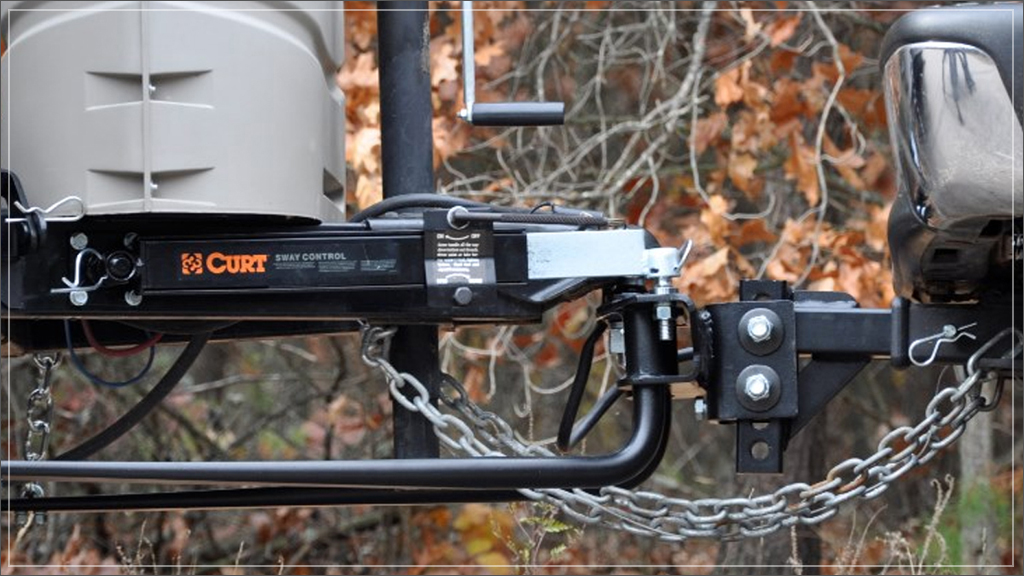Finding the Perfect Hitch for Your Vehicle
The perfect marriage between your vehicle and what you need to tow is dependent on the perfect hitch. Whether you’re planning a cross-country road trip or simply need to transport some cargo or recreational equipment, having the right hitch for your vehicle is essential. The experts at Trick Trucks in Millsboro on Betts Pond Road explore the key factors you need to keep in mind when selecting the perfect hitch for your vehicle.
Before delving into the nitty-gritty details of selecting a hitch, it’s crucial to understand the various types available.
- Receiver Hitches: These are the most common type of hitches and come in two classes – Class I to Class V. They fit into a square receiver on the rear of your vehicle and are used for various applications, from towing trailers to attaching bike racks and cargo carriers.
- Fifth-Wheel Hitches: These hitches are primarily used for towing large trailers, such as RVs and horse trailers. They connect in the bed of a pickup truck and are designed for heavier loads.
- Gooseneck Hitches: Like fifth-wheel hitches, gooseneck hitches are suitable for heavy towing but connect over the rear axle in the bed of a truck. They offer improved maneuverability and weight distribution.
- Bumper-Mounted Hitches: These hitches attach directly to the bumper and are typically used for light towing, such as small trailers.
Now that you’re familiar with the types of hitches available, let’s dive into the process of choosing the right hitch for your vehicle.
- Know Your Vehicle’s Towing Capacity: The first and most critical step is to determine your vehicle’s towing capacity. Check the owner’s manual or the manufacturer’s specifications to find out how much weight your vehicle can safely tow.
- Understand the Weight Classes: Receiver hitches are classified from Class I to Class V, with each class rated for specific towing capacities. Choose a hitch class that aligns with your vehicle’s towing capacity. A Class I hitch might be suitable for a small car, while a Class V hitch is designed for heavy-duty trucks.
- Consider Your Towing Needs: Think about what you intend to tow. If it’s a small utility trailer, a Class I or II hitch should suffice. For larger trailers or recreational vehicles, a Class III or IV hitch is more appropriate.
- Evaluate Your Vehicle’s Design: Consider your vehicle’s design, as some may have limitations on hitch installation. Some cars may require additional equipment, like frame modifications or transmission coolers, to safely tow heavy loads.
- Consult with the Experts at Trick Trucks: If you’re unsure about which hitch is right for your vehicle or if you have unique towing requirements, consult with the professional at Trick Trucks. They can provide expert guidance and ensure a proper installation.
Now that you’re “hitched”, check out Progressive’s article on Hitch and Towing Maintenance You Should Do Every Year.
With the right hitch, you’ll be well-equipped for all your towing adventures, whether it’s hauling a trailer, loading up bikes, or setting off on a road trip. Trick Trucks is here to get you started and on the road to your adventure.
Trick Trucks | Trophy Trucks | Lift Kits | Off-Road Driving | Truck Tires | Cap | Tonneau | Truck Camping | Truck Bed Liner | Upfitting | Commercial Fleet Upfitting | Commercial Upfit | Lift Kits| Interior Lighting | Custom Lighting | Vehicle Hitch
#TrickTrucks #MonsterTrucks #TrophyTrucks #LiftKits #SnowDriving #OffRoadDriving #TruckTires #Cap #Tonneau #TruckCamping #TruckBedLiner #CustomizeTruck #UpfitTruck #Upfitting #CommercialUpfitting #CommericalFleetUpfitting #LiftKits #CustomLighting #InteriorLighting #VehicleLighting #ARE #VehicleHitch

